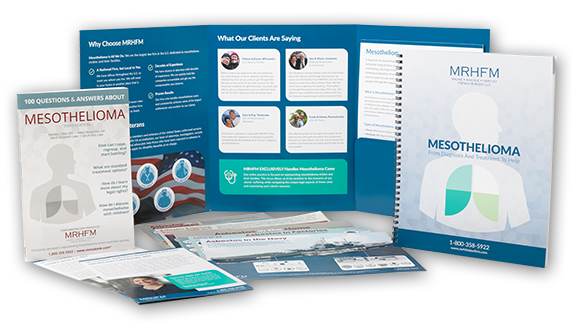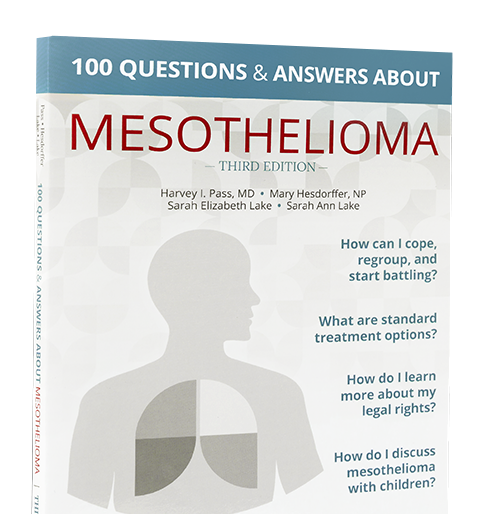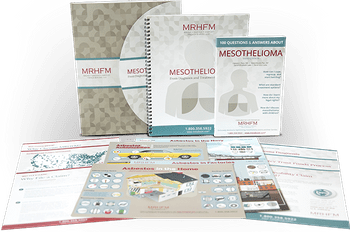Researchers in the Department of Surgery at Marien Hospital Herne (DOS MHH) have discovered that a procedure known as Pressurized IntraPeritoneal/Thoracal Aerosol Chemotherapy (PIPAC/PITAC) is effective in treating patients with end-stage malignant mesothelioma (MM).
PIPAC is a new technique to deliver intraperitoneal chemotherapy (IPC). Clinical safety, feasibility, and anti-tumor efficacy of PIPAC have been reported in ovarian and gastrointestinal cancer patients with peritoneal carcinomatosis. Note that the feasibility of PITAC to palliate malignant pleural effusion has been reported previously.
For the PIPAC study in MM, researchers performed a retrospective cohort analysis of patients with recurrent disease undergoing PIPAC/PITAC with the chemotherapy drugs doxorubicin and cisplatin. Twenty-nine patients with MM with a mean age of 62.4 (range: 42 to 84) years were analyzed. A total of 74 PIPAC and 5 PITAC procedures were performed. Tumor regression grade (TRG) 1 to 4 was observed in 75% of patients. Major regression (TRG 3) or complete regression (TRG 4) was observed in 20% and 10%, respectively. PIPAC induced significant tumor regression in 51.7% of patients with a cumulative effect after repetitive PIPAC.
After a follow up of 14.4 months after the last PIPAC/PITAC application, median overall survival was 26.6 months (from the first application).
The team concluded that, after prior abdominal surgery and systemic chemotherapy, repetitive PIPAC applications are feasible and safe for patients with end-stage MM. The team also concluded that PIPAC induces significant histological regression of malignant mesothelioma in the majority of patients. Survival and adverse events were also noted.
After the study, DOS nurses collected clinical and follow-up data to assess patients’ quality of life. The results showed a notable increase among patients in all functional scales including physical, emotional, cognitive, social, and role functioning. There was a notable increase in the overall quality of life and constipation, appetite loss, nausea, and vomiting also improved during PIPAC treatment. Fatigue improved as well.
Patients with recurrent mesothelioma have limited treatment options after surgery and standard chemotherapy with pemetrexed and cisplatin. PIPAC offers a promising new treatment pathway that has the potential to extend life and improve the quality of it.
If you have been diagnosed with mesothelioma, talk to your doctor about promising new treatments such as PIPAC. Although there is no cure for the disease, innovative treatments such as PIPAC could be effective in treating your specific type of mesothelioma. Talk to your doctor today.
Sources
Giger-Pabst, U., and C. Demtröder. "Pressurized IntraPeritoneal Aerosol Chemotherapy (PIPAC) for the Treatment of Malignant Mesothelioma." PubMed.gov. National Center for Biotechnology Information (NCBI), U.S. National Library of Medicine (NLM), 18 Apr. 2018. Web. 15 May 2018.
Giger-Pabst, Urs, Cédric Demtröder, Thomas A. Falkenstein, Mehdi Ouaissi, Thorsten O. Götze, Günther A. Rezniczek, and Clemens B. Tempfer. "Pressurized IntraPeritoneal Aerosol Chemotherapy (PIPAC) for the Treatment of Malignant Mesothelioma." BMC Cancer. BioMed Central, 18 Apr. 2018. Web. 15 May 2018.





